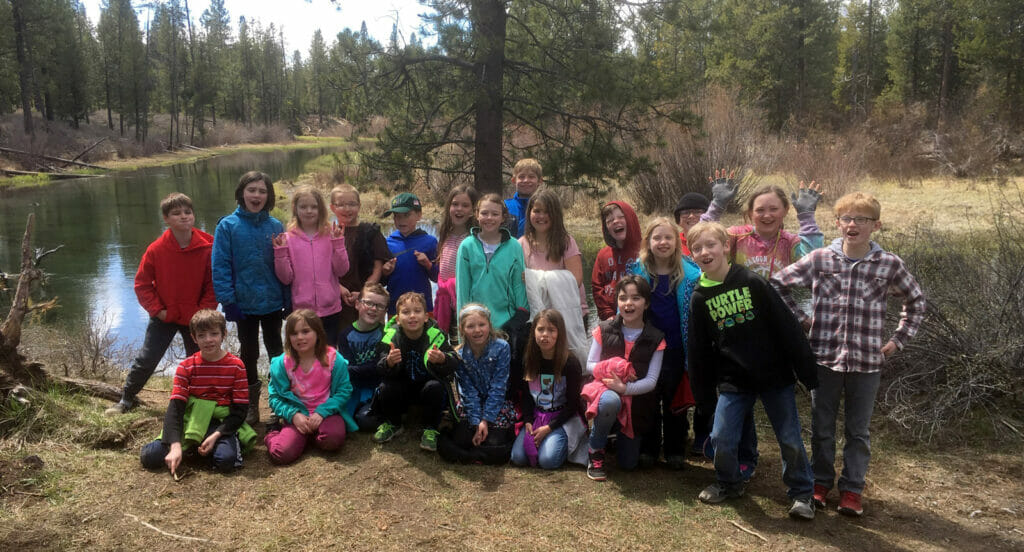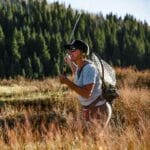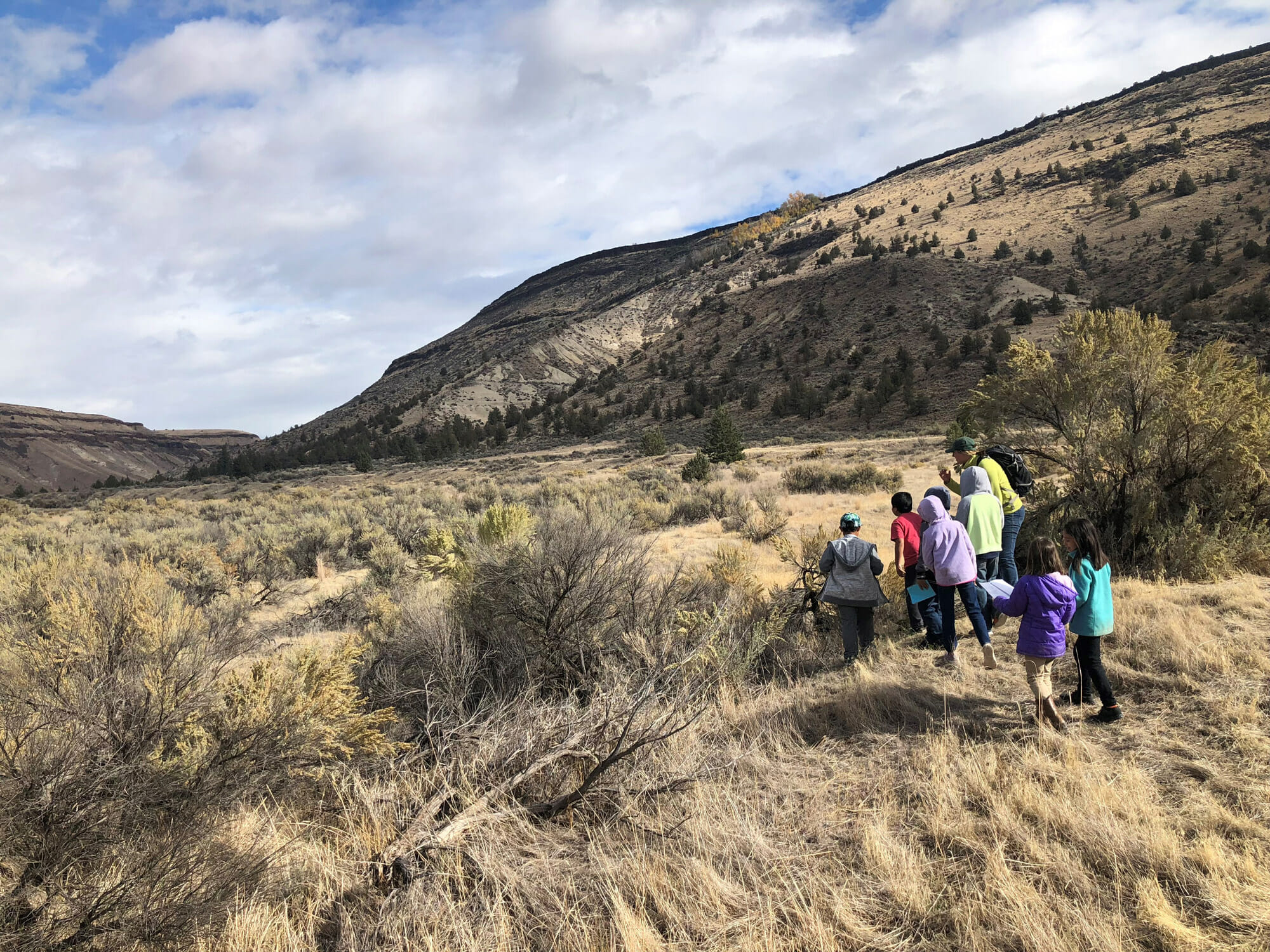In Central Oregon and Seattle, TU programming ignites a passion for river conservation in youth.
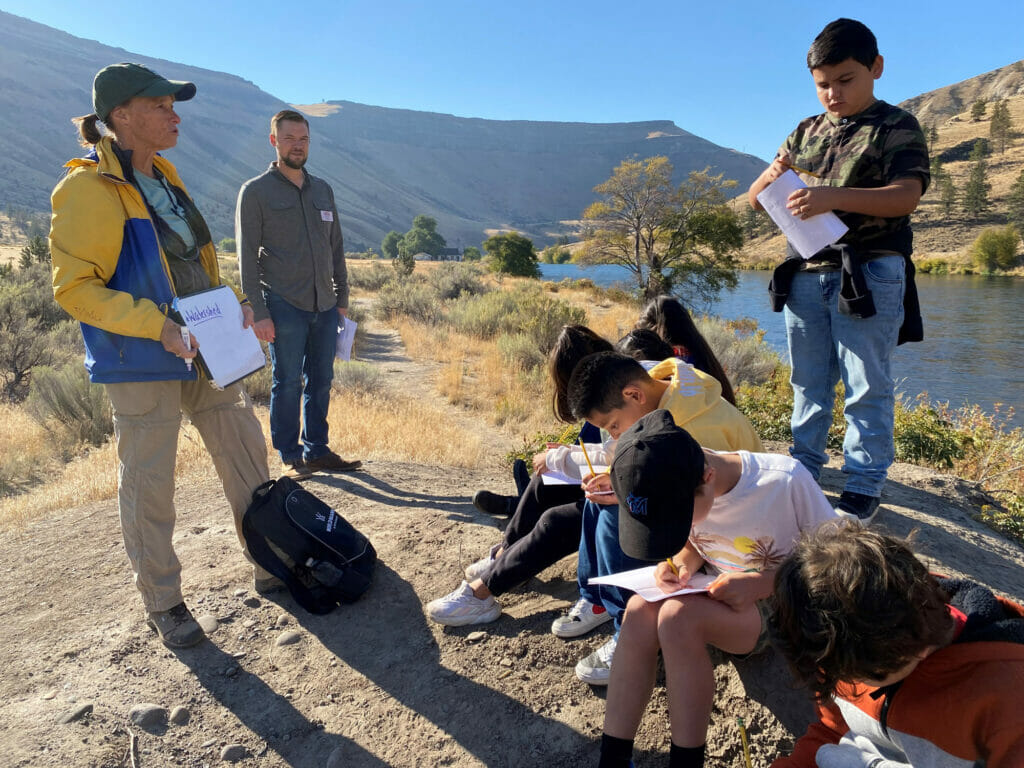
In the Pacific Northwest, fun and educational programs are underway now that school is back in session, thanks to TU’s pacific northwest education coordinator, Darek Staab and his new co-worker in Washington Alix Lee-Tigner.
Reaching over 1500 kids in 2022 (and sure to be more in 2023), TU’s watershed education in the Northwest has been built on 12 successful years growing a program along the Deschutes River in Central Oregon and serving rural communities around Bend.
Alix was hired by TU in 2022 through a unique Partnership in Seattle and the Lake Sammamish watershed in Washington to lead an important outreach effort for youth and families in Seattle. In both locations, offering hands-on, educational and volunteer projects on their local landscapes is a surefire way to keep kids engaged and teach them important tenants of conservation.
In 2022 in Central Oregon, TU led multiple local river restoration projects that connected and engaged nine diverse communities. Together with our main partners— Deschutes National Forest, Oregon State Parks and the Middle Deschutes Watershed Council —we helped conserve critical fish and wildlife habitat and tackled stewardship projects that benefit public lands and community drinking water sources.
Each school year, TU leads an educational, hands-on, outdoor project in collaboration with schools. Last year, TU led 5 projects engaging youth and families, including 13 volunteer and 55 field trips in local watersheds. Students planted willow along Whychus Creek to improve fish and wildlife habitat in the stream and planted milkweed along the Metolius River to support endangered monarch butterflies. Students also studied the importance of insects for salmon habitat and pollination for plants in the watershed.
We also expanded our program in Central Oregon with an intentional focus to reach 3rd–8th grade students from Deschutes and Jefferson counties—creatively leading school visits and field trips. Students learned how watershed stewardship projects are planned, implemented and monitored to improve fish and wildlife habitat in their region.
In the Seattle area through the Lake Sammamish Urban Wildlife Refuge Partnership, TU is engaging local schools and community-based organizations to connect students and families to hands-on projects including science labs, watershed tours, cleanups, and educational events—all aimed at taking care of Lake Sammamish and Kokanee salmon habitat, ultimately improving water for people and salmon, led by TU’s Alix Lee-Tigner. Make sure to follow the expanding efforts and in Seattle and Washington and watch for photos and stories to come.
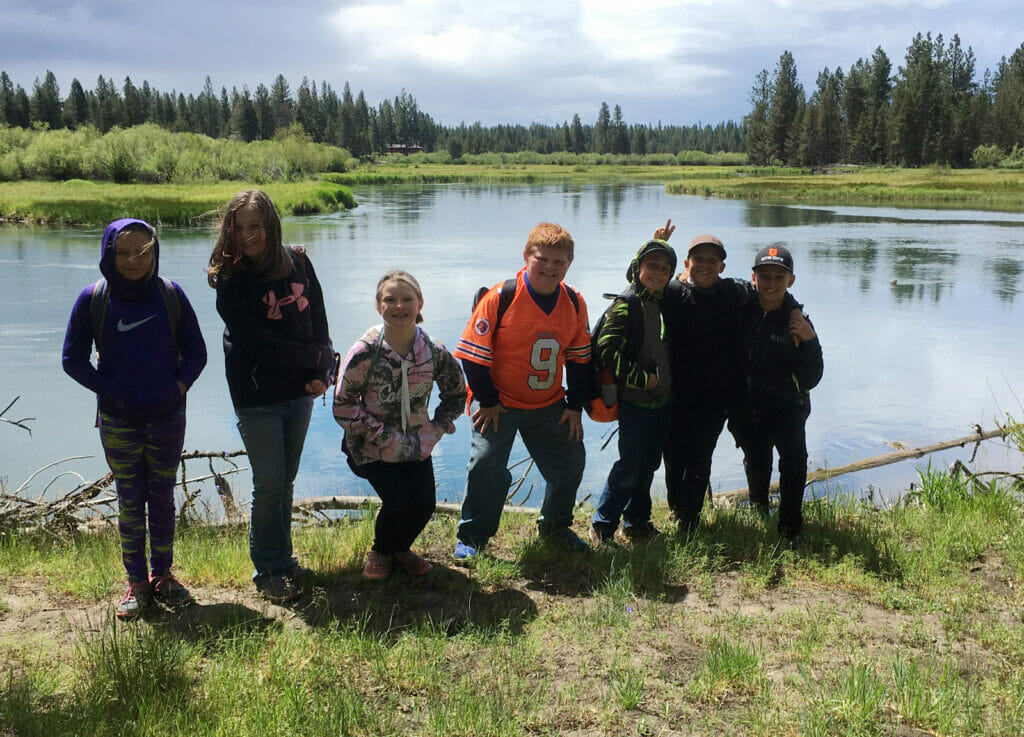
Getting kids out of the classroom and onto the landscape to understand their environment is the central tenant to these programs. These conservation-based, project-based programs work with diverse communities within schools as well as extracurricular groups to ensure all kids in the area have opportunities to learn and engage.
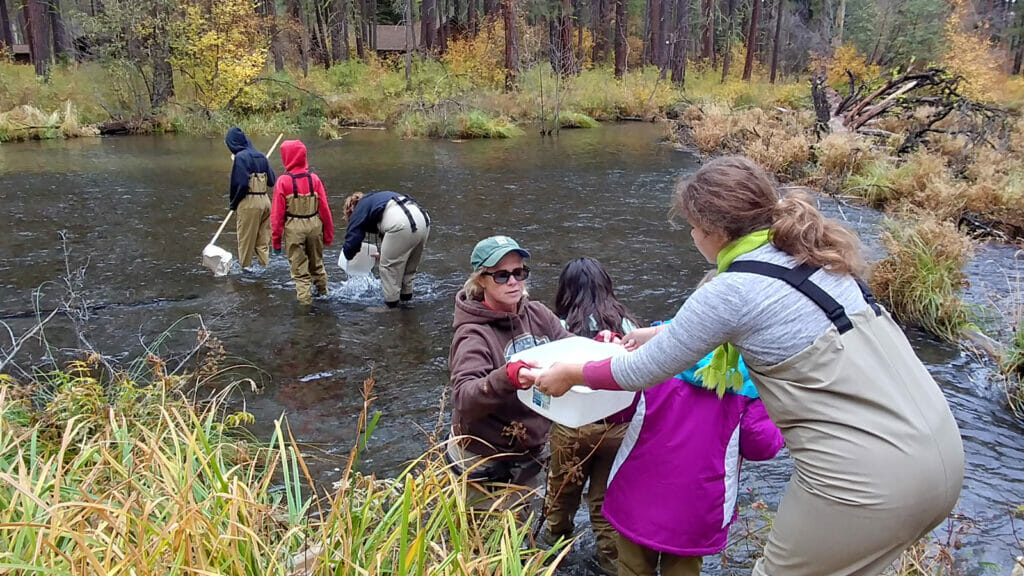
With these programs in place during every school year, the kids, of course, don’t have the longevity of seeing improvements over the long haul, but the teachers do, which keeps them coming back to implement these programs year after year. Fall and spring field trips offer the kids a good understanding of different river systems and what these landscapes look like in multiple seasons. Allowing parents to join in on the fun just expands the network of supporters and conservation advocates.
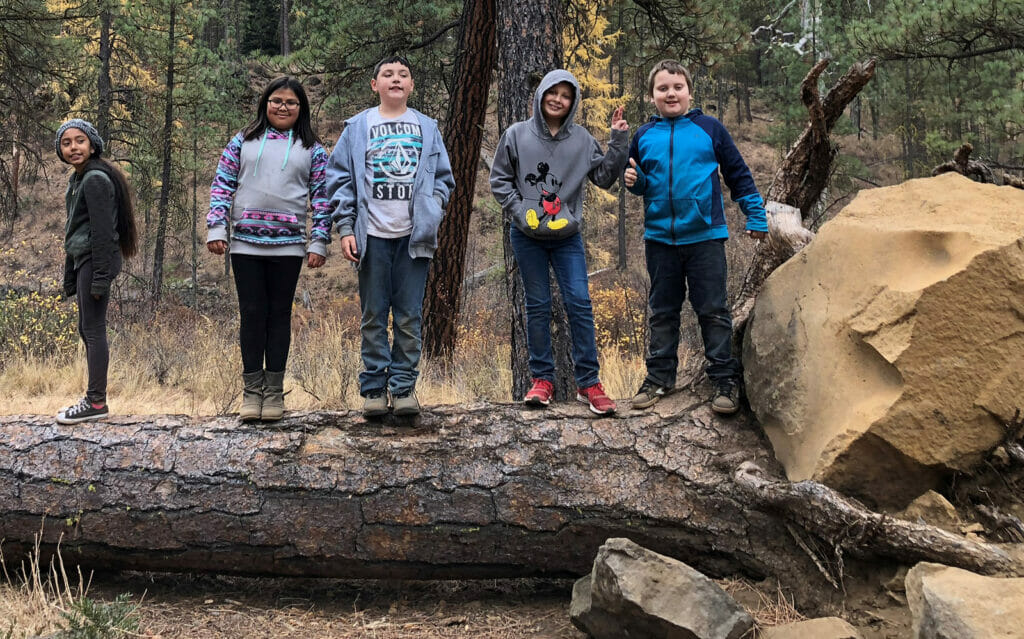
In the Pacific Northwest, TU has successfully expanded hands-on, educational and volunteer projects for students and families by deploying team members on the ground. We are planning to replicate these local approaches in the Northwest to additional key watersheds and communities in the Rockies, Northeast, Southeast, and Midwest regions.
Students, teachers, parents and TU chapters, take note, big things are afoot that could one day be implemented in your local schools. Follow along for deeper dives into school, student and teacher profiles to learn more about these amazing programs and how you could implement them in your area.
